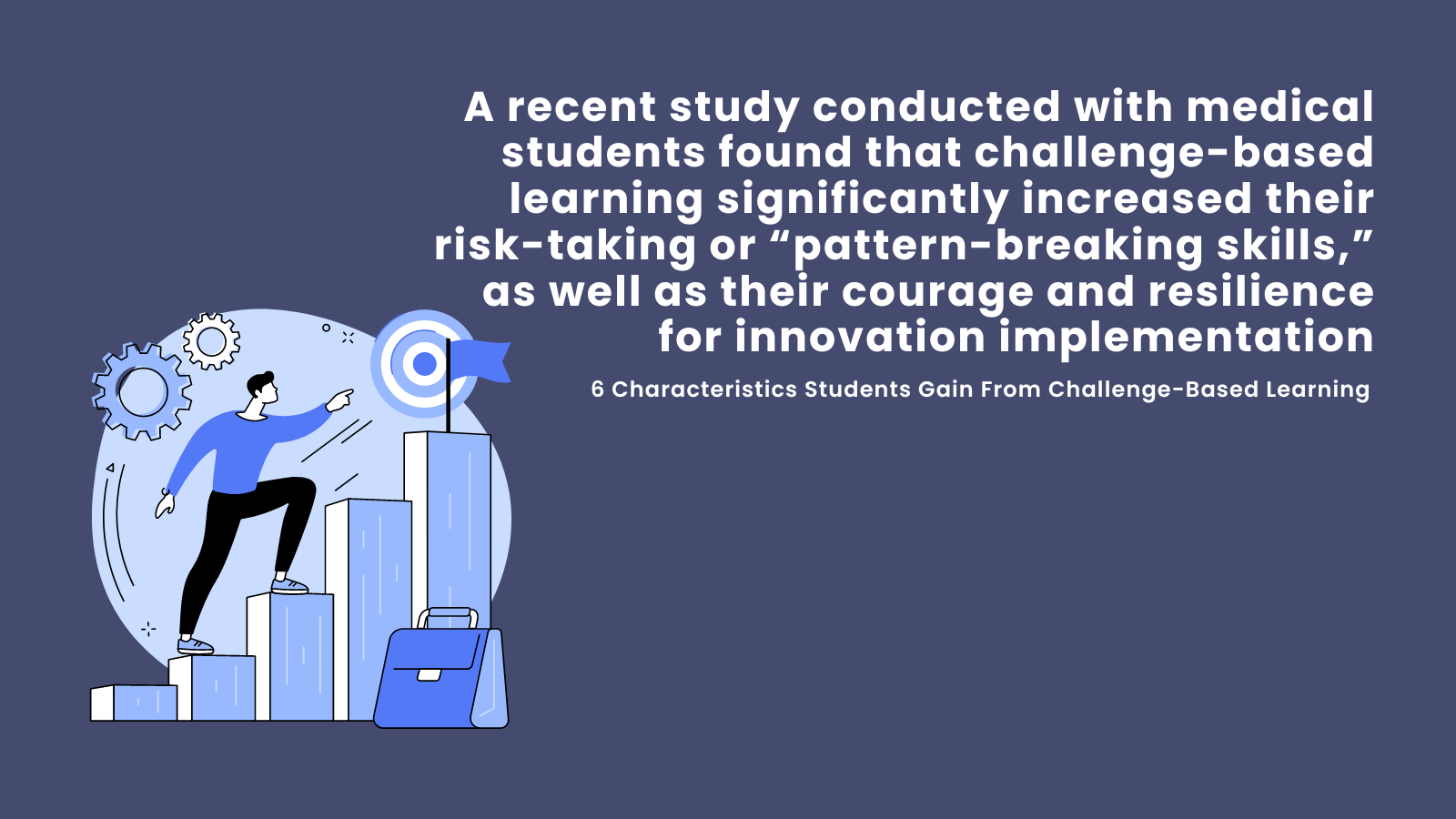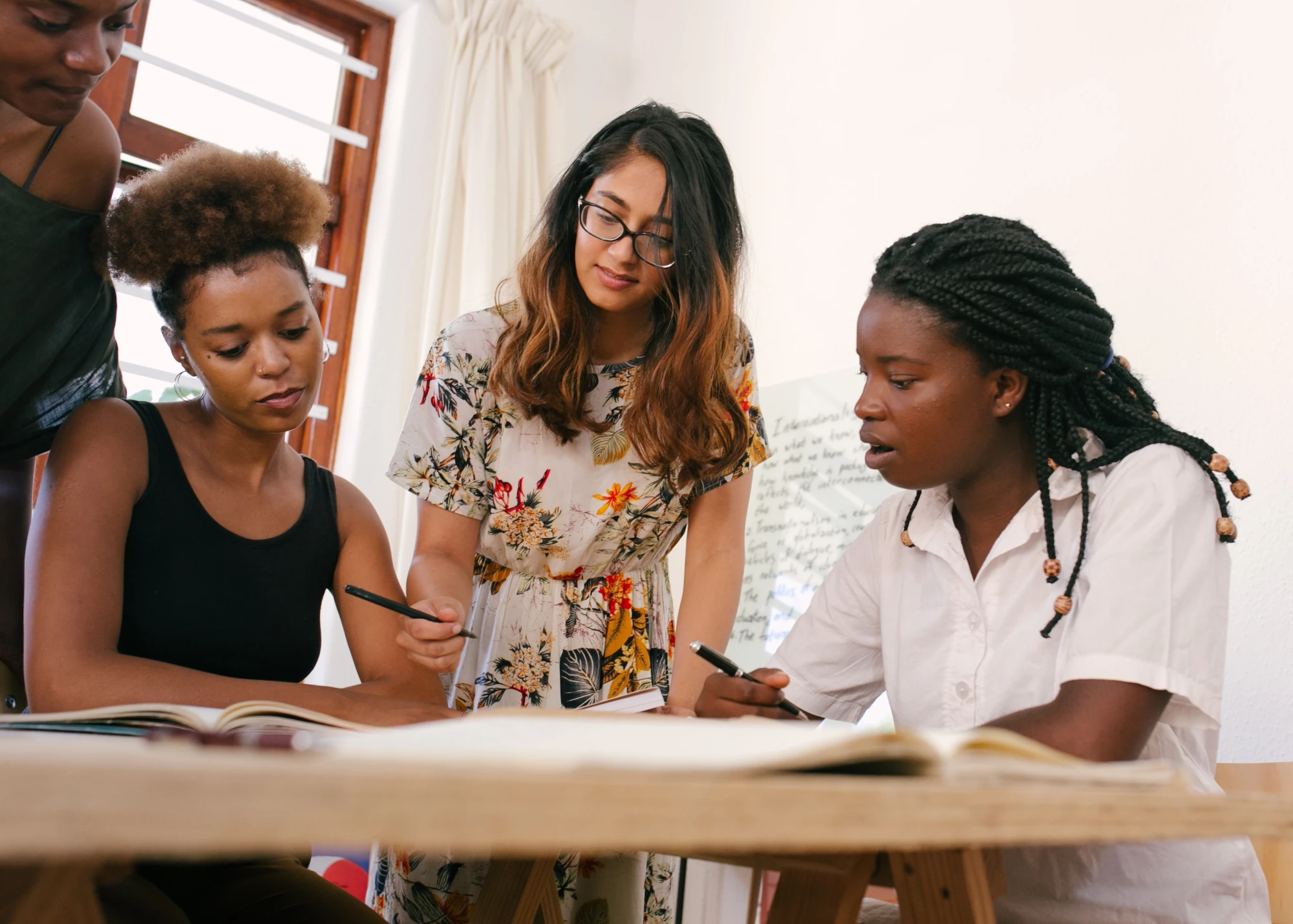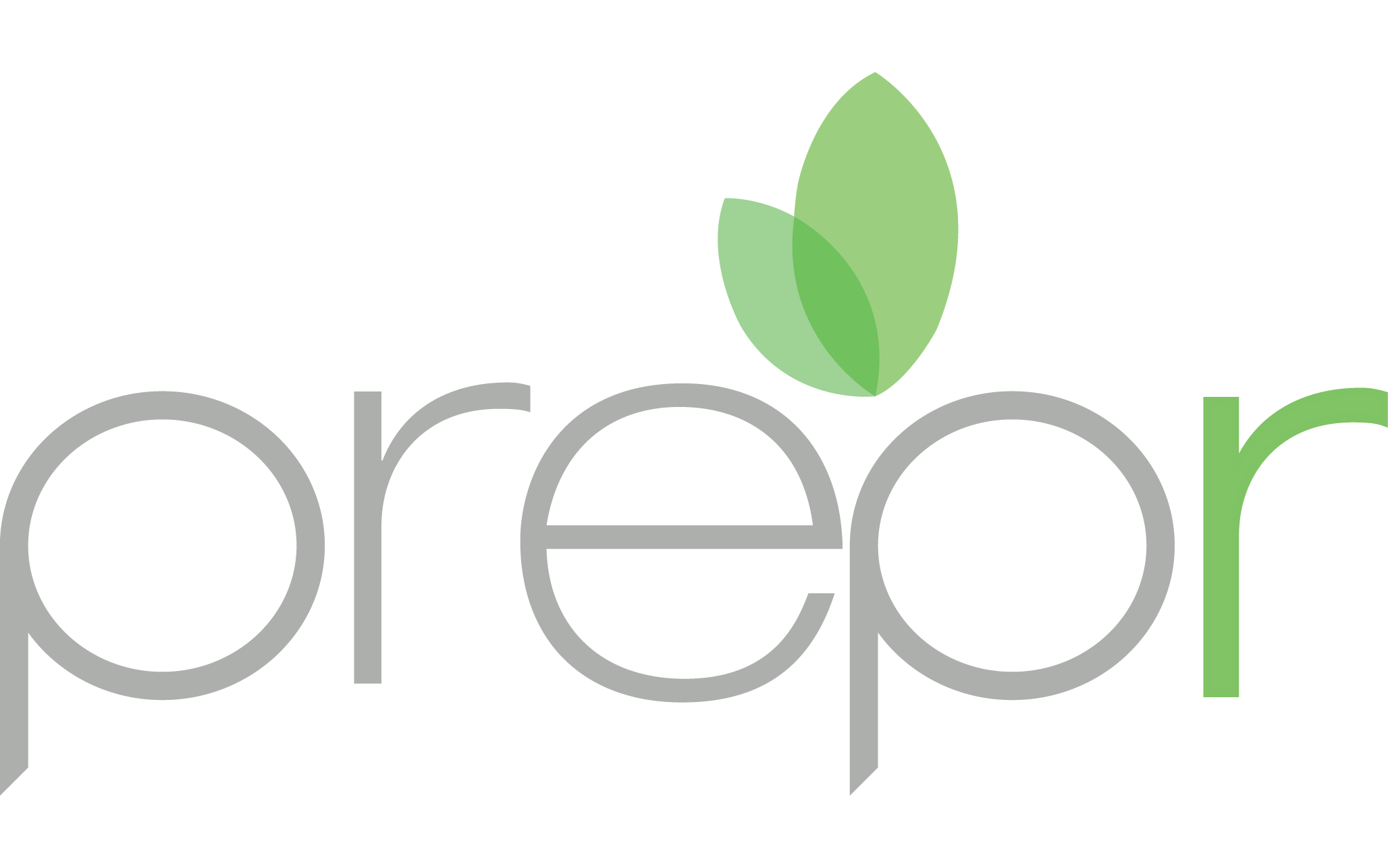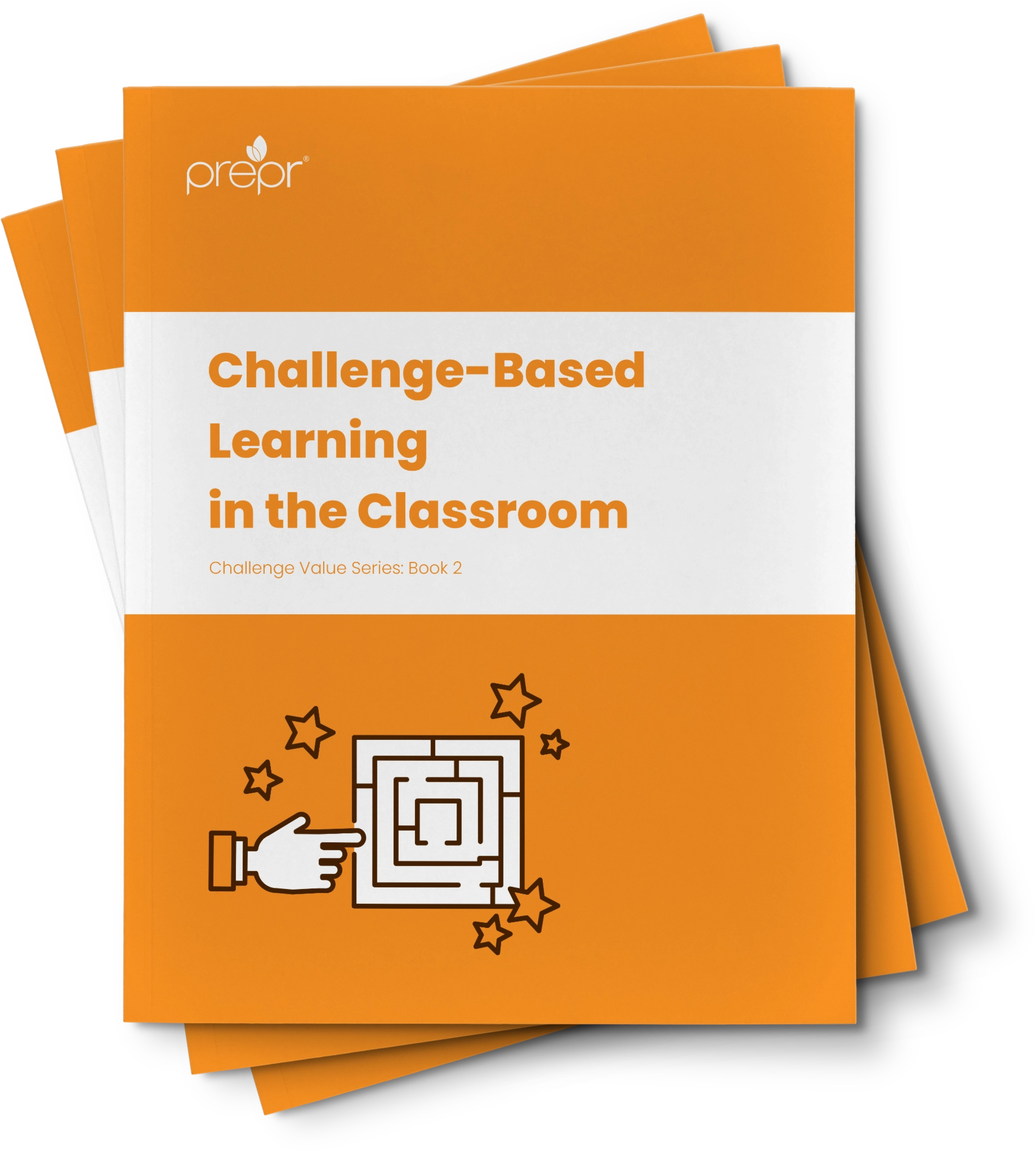
20 Apr 6 Characteristics Students Gain From Challenge-Based Learning
With a challenge-based learning experience, students gain invaluable, future-proof skills. However, they also gain a more well-rounded personal and professional identity.
Here’s a run-down of six traits your students can gain from challenge-based learning.

1. Leadership
Students who engage in challenge-based learning gain hands-on experience in collaborating with others on a real-world problem.
This experience fosters initiative and enables students to recognize their own capabilities, thereby cultivating leadership qualities that are essential for success in life, school, and work.
According to Apple’s challenge-based learning studies, both teachers and students found leadership to be the top skill area improved.
90% of teachers reported that their students had become better leaders by participating in challenge-based learning, and 73% of students realized that they too could be a leader.

2. Adaptability
Employers value entry-level employees who can quickly adjust to new situations and systems as the world changes. Students who exhibit adaptability demonstrate their ability to navigate the uncertainties of the future job market.
Challenge-based learning is an effective way for students to develop this skill, as it requires them to think outside the box to create feasible solutions to unfamiliar issues.
Apple’s research involving students of all ages found that adaptability is a top skill acquired through challenge-based learning. By utilizing digital tools to innovate solutions, students become equipped to adapt to the next challenge they face.

3. Responsibility
Challenge-based learning promotes a sense of responsibility and productivity among students by empowering them to take charge and take accountability for their work.
In Apple’s CBL studies with post-secondary students, the students demonstrated an increased sense of ownership and direction over their projects, leading to greater productivity and focus.
Ultimately, this approach helps students become more responsible and productive learners, skills that are essential for success in their future endeavors.

4. Confidence
The problem-solving process is a powerful tool for building self-confidence in students. By giving them the freedom to apply their creativity, take initiative, and shine in their own unique ways, challenge-based learning empowers students to recognize their full potential.
In Apple’s CBL studies, students expressed increased self-confidence after tangibly proving their skills making a positive difference in their communities.
By engaging in challenge-based learning, students gain practical skills and real-world experience, which can enhance their self-confidence and amplify their potential for future success, regardless of their grade level.

5. Problem-Solving
Problem-solving is a key skill in high demand today and central to challenge-based learning.
In CBL, students engage in real-world problem-solving that demands critical and creative thinking, collaboration, and innovation.
By actively solving challenges, students become confident problem solvers, developing a mindset that they can apply to any situation, making them well-prepared for success beyond the classroom.

6. Risk-taking
Challenge-based learning requires students to take risks, but it’s a valuable quality to develop. When students take risks, they become better innovators who can push beyond current solutions and create something new.
This is essential in today’s fast-paced digital world where innovation is key to survival. Plus, employers love risk-takers who can bring fresh perspectives to the table.
A recent study with medical students found that challenge-based learning significantly increased their pattern breaking skills, courage, and resilience for implementing innovative ideas.
Challenge-based learning offers a transformative experience for students, empowering them with skills that significantly enhance their future employability.
The skills they develop include leadership, problem-solving, risk-taking, responsibility, and adaptability. These skills are increasingly in demand in today’s fast-paced digital world.
Therefore, challenge-based learning should be integrated into the classroom, giving students the opportunity to shape a brighter and more innovative future of work.
Want to go in-depth on challenge-based learning for your classroom?
Learn how you improve career readiness, builds soft skills, and engage your students by deploying a challenge-based learning program.

